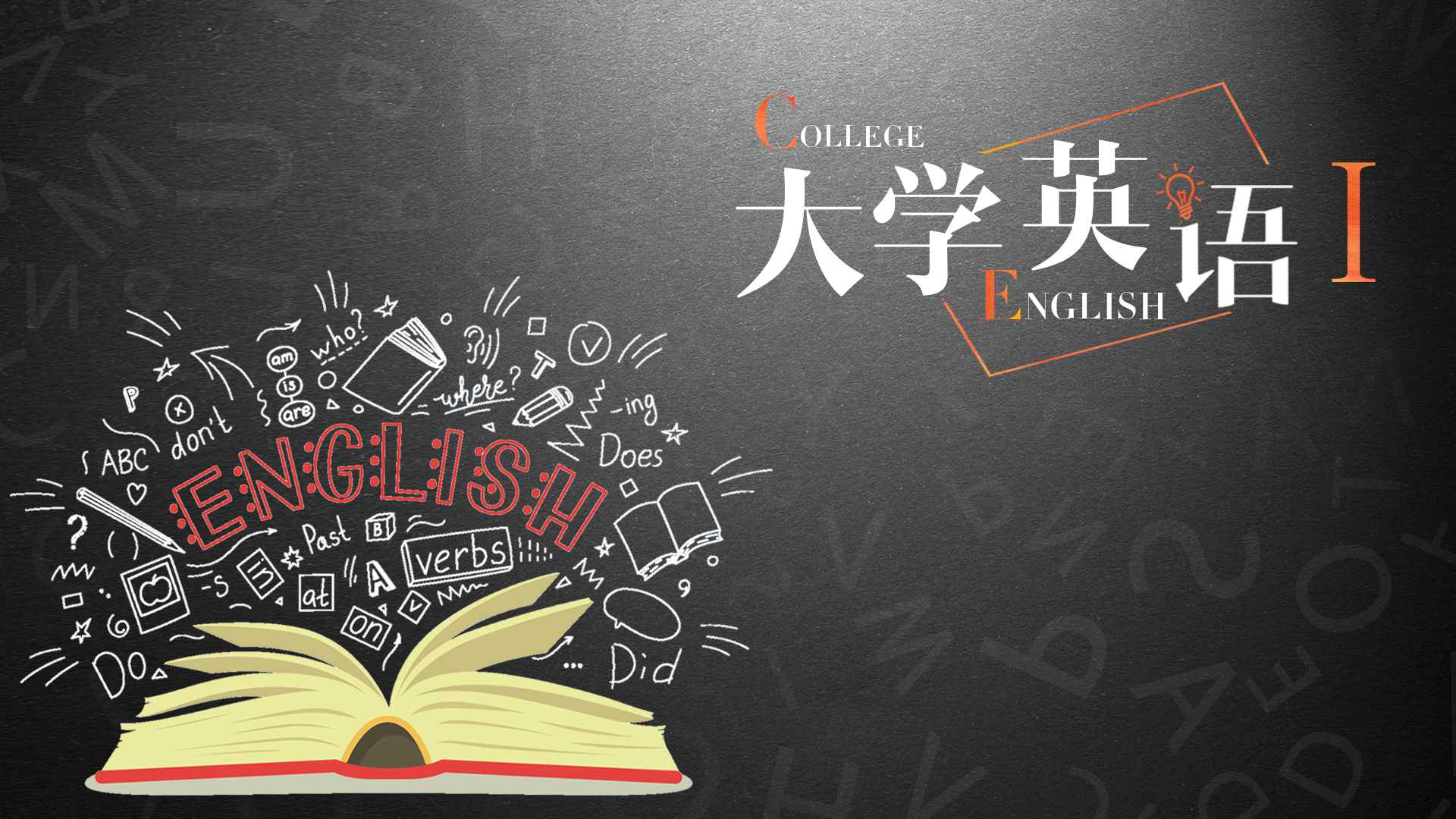第八章测试1.
Banked Cloze
A amount B economical C present D eating
E budgeting F increases G financial H desire
I predicting J harness K number L decreases
M transition N motivation P purchases
Your savings behavior isn't a question of how smart you are or how much willpower you have. The 1)___ we save depends on the environmental cues around us. What I am going to share with you is how to bridge this gap from your intentions to save and your actions. Are you ready?
Here's number one: 2)___ the power of pre-commitment. Fundamentally, we think about ourselves in two different ways: our 3)___ self and our future self. In the future, we're perfect. In the future, we're going to save for retirement, we're going to lose weight, we're going to call our parents more. But we oftentimes forget that our future self is exactly the same person as our present self. We know that one of the best times to save is when you get your tax return.
Number two: use 4)___ moments to your advantage. In psychology, we call this the "fresh start effect." Whether it's the start of a new year or even a new season, your 5)___ to act increases. So right now, put a meeting request on your calendar for the day before your next birthday. Identify the one 6)___ thing you most want to do. And commit yourself to it.
The third and final trick: get a handle on small, frequent 7)___. We've run a few different studies and found that the number one purchase people say they regret, after bank fees, is 8)___ out. It's a frequent purchase we make almost every day, and it's death by a thousand cuts. A coffee here, a burrito there ... It adds up and 9)___ our ability to save.
Those are my tips for you. But I want you to remember one thing. As human beings, we can be irrational when it comes to saving and spending and 10)___. But luckily, we know this about ourselves, and we can predict how we'll act under certain environments.
答案:
2.
During the 2009-10 academic year, undergraduate students received less than $154 billion in financial aid.
A:对 B:错 3.
It was estimated that college students spent less in 2009 than in 2010.
A:对 B:错 4.
Making a budget not only helps students in school but also benefits people at work.
A:错 B:对 5.
Dunn’ study shows that people who spent money to buy time were happier compared to people who did not.
A:对 B:错 6.
The result of moving up one rung on the happiness ladder dismayed the researchers.
A:对 B:错

